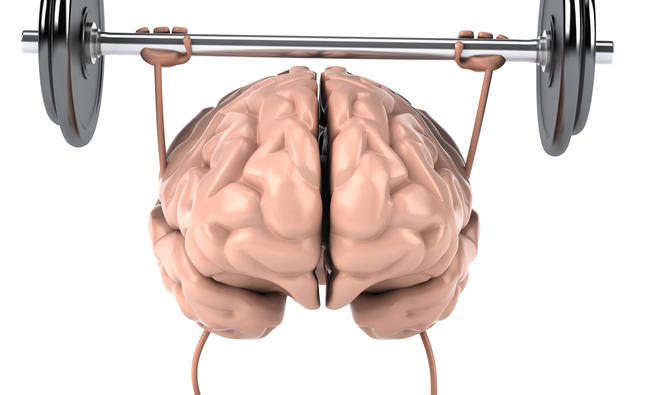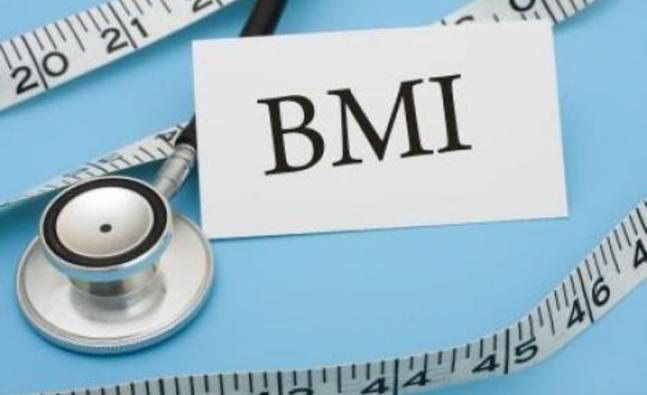Gastric bypass surgery: Who is it for?

Gastric bypass surgery is the most common type of weight-loss surgery. Gastric bypass and other types of weight-loss surgery make surgical changes to your stomach and digestive system that limit how much food you can eat and how many nutrients you absorb, leading to weight loss.
While that may sound appealing, gastric bypass surgery isn't for everyone. Like any major procedure, it has significant health risks and side effects. In addition, the long-term success of gastric bypass surgery depends on your ability to make permanent changes in your lifestyle. When you want to be considered for gastric bypass surgery, you must undergo a thorough evaluation to determine if it's suitable for your situation.
Guidelines to qualify for gastric bypass surgery
Gastric bypass and other weight-loss surgeries are major, life-changing procedures. While weight-loss surgery can help reduce your risk of weight-related health problems, such as type 2 diabetes, high blood pressure and sleep apnea, it can also pose major risks and complications. You may need to meet certain medical guidelines to qualify for weight-loss surgery. You likely will have an extensive screening process to see if you qualify.
In general, gastric bypass and other weight-loss surgery could be an option for you if:
• Efforts to lose weight with diet and exercise have been unsuccessful.
• Your body mass index (BMI) is 40 or higher (extreme obesity).
• Your BMI is 35 to 39.9 (obesity), and you have a serious weight-related health problem, such as type 2 diabetes, high blood pressure or severe sleep apnea. In some cases, you may qualify for certain types of weight-loss surgery if your BMI is 30 to 34 and you have serious weight-related health problems.
When conducting an evaluation for gastric bypass surgery, the health team considers:
• Your nutrition and weight history. The team reviews your weight trends, diet attempts, eating habits, exercise regimen, stress level, time constraints, motivation and other factors.
• Your medical condition. Some health problems increase the risks associated with having surgery or may be worsened by surgery, such as blood clots, liver disease, heart problems, kidney stones and nutritional deficiencies. The team evaluates what medications you take, how much alcohol you drink and whether you smoke. You also will have a thorough physical exam and laboratory testing. The results of these tests and exams may help determine eligibility for weight-loss surgery.
• Your psychological status. Certain mental health conditions may contribute to obesity or make it more difficult for you to maintain the health benefits of gastric bypass surgery. These may include binge-eating disorder, substance abuse, depression, anxiety disorders and issues related to childhood sexual abuse. While these may not prevent you from having gastric bypass surgery, your doctors may want to postpone surgery to ensure that any condition is appropriately treated and managed.
• Your motivation. The team will also assess your willingness and ability to follow through with recommendations made by your health care team and to carry out prescribed changes in your diet and exercise routine.
Gastric bypass surgery isn't a miracle procedure â and it isn't for everyone. Having gastric bypass or other weight-loss surgery doesn't guarantee that you'll lose all your excess weight or that you'll keep it off over the long term. Nor is it a way to avoid making changes in your diet and exercise habits. In fact, you can regain the weight you lose with gastric bypass surgery if you don't stick with the lifestyle changes. But if you think gastric bypass surgery might be right for you, talk with your doctor.
- Prev:Measure what you eat
- Next:Stop grazing!
-
Allow yourself only one treat!
-
Dieting: Why will power is not enough
-
How This Woman Fought a Stubborn Weight-Loss Plateau—and Won
Before: 276 lbs After: 175 lbs By the time she left for college, Tama
-
Why This Dietitian Has Banned the Term ‘Guilt-Free’ from Her Food Vocabulary
I hear the term "guilt-free" often to describe recipes or fo
-
How to cut down bread-and-butter pudding calories
-
Can Exercise Make You GAIN Weight?
The logic is pretty simple: To lose weight, you need to burn more calo
- DON'T MISS
- Can eating pasta really help you lose weight?
- 7 Healthy celebrity DIET TIPS that actually work
- How to lose love handles fast
- My Weight Loss Surgery Was a Huge Mistake
- New recipes are key to weight loss
- Can a stomach rub help you lose weight?
- 5 Ways Youre Ruining Salads
- How to reduce your salt intake to lose belly fat
- 5 Types of fruit to help you lose weight
- How to fight fat after 40




